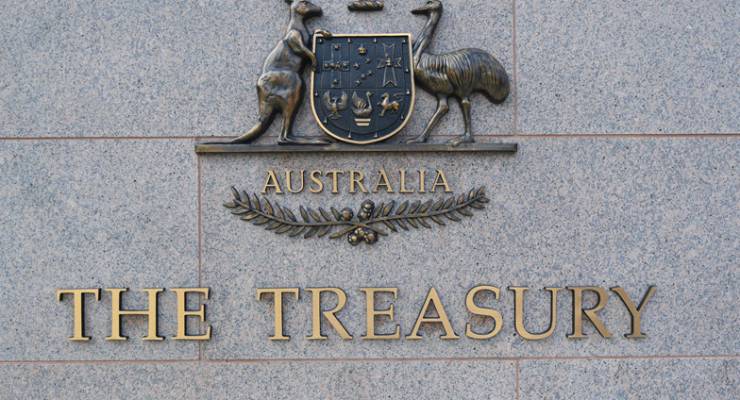
Given it’s a big responsibility to produce a fantasy budget, it’s necessary to do the most important part first — choose a slogan to go with the budget outcomes. This helps voters to understand what the sum of the budget parts is intended to achieve.
This would be a “Back to basics budget”, focused on delivering the fundamental things that voters expect their governments to produce. Job insecurity and concern about living standards are two of the nation’s greatest anxieties, so the B2B budget would focus on creating jobs, improving living standards and protecting the disadvantaged.
Jobs would be created by keeping corporate profits in Australia. Loopholes that allow profits to be shifted offshore would be closed, and limits placed on tax deductions, leaving businesses with the choice of reinvesting their profits in Australian jobs or paying tax on those profits.
Jobs would also be created by extending “nation-building” infrastructure funds to the development of large-scale solar farms across mainland Australia, which would be equipped with battery storage to overcome intermittency issues. Assistance would also be provided to establish Australian supply chains for the new market, including the use of locally produced steel.
Recognising that the introduction of mass renewables poses challenges for the grid, the budget would extend the remit of the Australian Renewable Energy Agency to 2030, allowing it to continue finding the best ways to increase the nation’s use of renewables.
Looking more broadly to the future, the budget would announce a planning summit involving Elon Musk, Bill Gates and Apple’s Tim Cook, along with their best scenario planners, the head of the CSIRO, the chief scientist and Australian business leaders, to identify the nation’s economic opportunities in 2050 and how our industries and business sectors, workforce and education system should be retooled to realise them.
The budget would help to improve living standards, not only through job creation and downward pressure on electricity prices from renewable energy, but also by making housing more affordable.
Negative gearing would be constrained with a limit to one property, and not be available for residences owned by self-managed super funds. Residential property owners would not be eligible to use negative gearing if the property remained vacant for more than three months in any financial year. And only Australian residents would be allowed to buy residential property.
Defence spending would no longer be a sacred cow, with the Department of Defence required to join other departments in returning an efficiency dividend to the government on all its operations — not just the civilian components.
These cuts to defence spending plus reforms to corporate and personal tax would increase revenue, giving the budget room to modestly increase unemployment benefits and pensions. The budget would also flag the government’s support for a lift to the minimum wage.
Most importantly of all, this budget would rectify a shameful deficiency in the protection offered by successive governments to its citizens. It would commit funds to help the Victorian government pay for its new family violence prevention initiative, and to roll out similar programs in all other Australian states and territories.








+1000
Thank you Paula, agree totally in principle.
Thank you Paula, agree totally in principle.
I agree with most of this, but would “a planning summit involving Elon Musk, Bill Gates and Apple’s Tim Cook”, really have Australia’s best interests at heart?
Paula for PM with the Per Capita budget as well. When do I sign up?